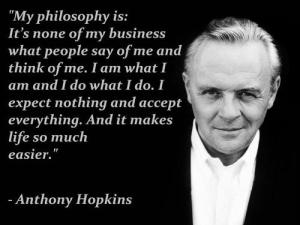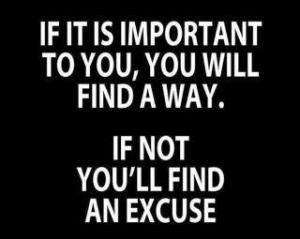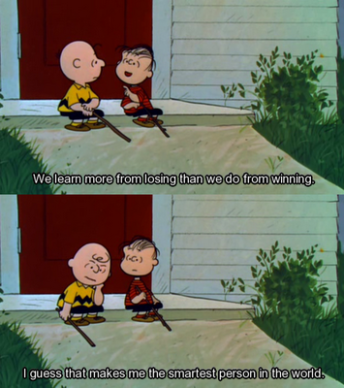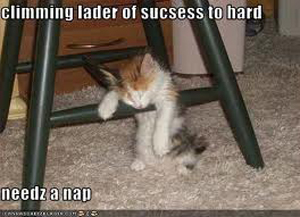My apologies for this extremely late addition to my blog. A combination of being occupado at work and being under the charm of the television show Once Upon a Time have delayed this posting. But fear not! For I come bringing an excellent resource!
But first… have you watched the television show Once Upon a Time? It centres around a small town full of fairy tale characters trapped without their magical abilities, like casting charms on people, nor any recollection of their backstories; characters include Snow White, The Evil Queen, Rumplestiltskin, and Prince Charming. The show is a guilty pleasure, with good writing, and a good mix of campy and enthralling acting. It has a certain Charm about it. Speaking of “Charm”, what is “Charm” exactly?
Looking at its word history, “Charm” is related to the word “Chant“, which in turn, comes from Latin “Canere” meaning “to sing”. In English, it means more of a monotonous repetitive singing, like those of monks’ prayers. Prayers and other repetitive chants and charms came with magical baggage. So it is no wonder that we come to see charm as a mysterious force with supernatural properties.
The Secret Behind the Magic
But let’s ground it in reality. In Brian Tracy and Ron Arden’s book, The Power of Charm, they state “True charm…[is] that ability some people have to create extraordinary rapport that makes others in their presence feel exceptional…[with] an engaging quality to which we respond…”
The book is a short (only 145 pages), and powerful read (you can implement the changes immediately). There are nitty-gritty details such as eye movement/eye contact and body language cues which can be practiced and implemented to maximize comfort for whomever you converse with. But the more advanced techniques which could always stand to be perfected and tweaked include when to stay quiet, and when to speak; and most importantly what kind of feedback to give back to your fellow converser.
Make It About Them
One of the most powerful nuggets of wisdom found in the book is the let go of the need to control the conversation. Most often, when we have an agenda, we have this push from within to direct the conversation to what we wish to talk about. Part of charm is being a selfless conversationalist and allowing people to express their thoughts. One of the most interesting insights after reading the book is that often people who find us charming may not know much about us; this is because those with charm enthrall others by allowing others to express themselves around the charming individuals and not overpower their conversation partners with their own opinions. Think about someone who you find charming. Can you understand why you feel so comfortable around them?





